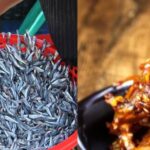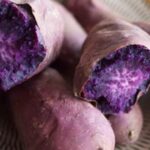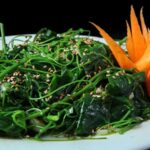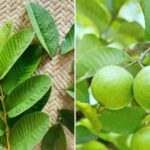The Medicinal Benefits of Ginger
According to Dr. Nguyen Van Thai, an expert at the Institute of Radiation and Military Oncology, ginger is not just a familiar spice in cuisine but also a valuable medicine with multiple health benefits.
Ginger, also known as Thai ginger, is an important ingredient in traditional medicine, especially popular in Southeast Asian countries such as Thailand and Indonesia.
Antioxidant and Neuroprotective Properties
Ginger contains various antioxidant compounds that protect the body from harmful pathogens and infections. Additionally, quercetin, a flavonoid found in ginger, may reduce the risk of neurological diseases such as Alzheimer’s and Parkinson’s. The anti-inflammatory effects of gallic acid are also notable.
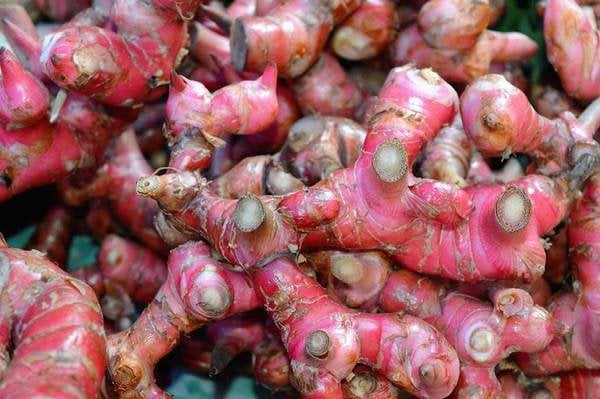
Ginger’s essential oil contains terpinen-4-ol, a compound that effectively kills bacteria and mold.
Pain and Inflammation Relief
Ginger is effective in reducing pain and inflammation by interacting with chemical pathways associated with autoimmune disorders.
Antibacterial Effects
Research indicates that ginger essential oil can eradicate bacteria and mold due to the presence of terpinen-4-ol, showcasing its potent antibacterial capabilities.
Cancer Prevention
Studies have demonstrated that galangin, an antioxidant in ginger, can destroy tumor cells and prevent the spread of cancer cells, especially in stomach, cervical, and liver cancers.
Anti-aging Skin Benefits
According to a study published in the journal Costerics and Toiletries, ginger extract stimulates the production of hyaluronic acid, enhancing skin moisture, reducing wrinkles, and improving elasticity for a more radiant complexion.
Ginger extract also aids in treating skin conditions such as eczema, itching, and fungal infections. Furthermore, it may reduce the risk of cardiovascular diseases, type 2 diabetes, protect brain function, prevent memory loss, improve sexual function, and stimulate sperm production.
Ginger is indeed a potential medicinal treasure trove that deserves further exploration for the benefit of community health.
Ginger: A Precious Remedy for Stomach Ailments and More
Ginger, known as
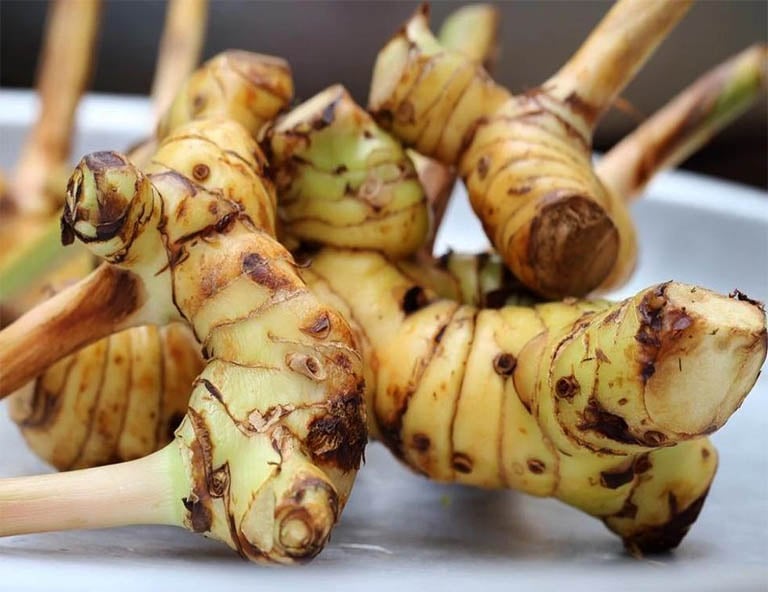
Ginger, or , is a precious herb in traditional medicine.
Ginger has numerous practical applications in treating stomach ache symptoms and various other ailments. Its characteristics include a spicy, warm nature, digestive benefits, and pain-relieving properties. Here are some representative medicinal recipes:
Chronic Gastritis Treatment
– Ingredients: 60g each of ginger and dong quai, ground into a fine powder, consumed at 9g per day in three divided doses.
Gastric Pain due to Cold
– Ingredients: 6-10g ginger, 6-10g dong quai, 30g each of baikhok, ginseng, 9-12g ou medicine, 6-9g cloves, 3-6g sa nhân. Boil and drink one bowl per day.
– Symptoms: Abdominal pain, cold feeling, vomiting, diarrhea.
Acute Gastritis Treatment
– Ingredients: Ginger, licorice, dried tangerine peel, wood fragrance, and 6g each of stone bones (6g each), 4g cloves, and 15g hawthorn. Boil and drink one bowl per day.
– Benefits: Relieves abdominal pain, vomiting, and loss of appetite.
Abdominal Cold Relief
– Usage: Crush two large ginger rhizomes (about 40g) and mix with warm water. Consume small spoonfuls until you feel comfortable.
Nausea and Vomiting Treatment
– Ingredients: 10g each of ginger, pinellia, and ginseng. Boil and drink the water. If abdominal pain is present, use 8g of ginger with one apple.
Pain-Relieving Massage for Joint Pain
– Ingredients: 20g ginger, 16g honeysuckle, 24g cinnamon, 20g stone bones, 16g dried tangerine peel, soaked in alcohol for 10 days. Apply to the painful area.
Skin Disease Treatment
– Eczema and ringworm: Crush ginger and soak it in alcohol or vinegar, then apply it to the affected area.
Ginger is not only valuable in treating stomach ailments but also highly beneficial in addressing various other health issues. With these diverse applications, ginger is truly nature’s precious gift to humanity.
























